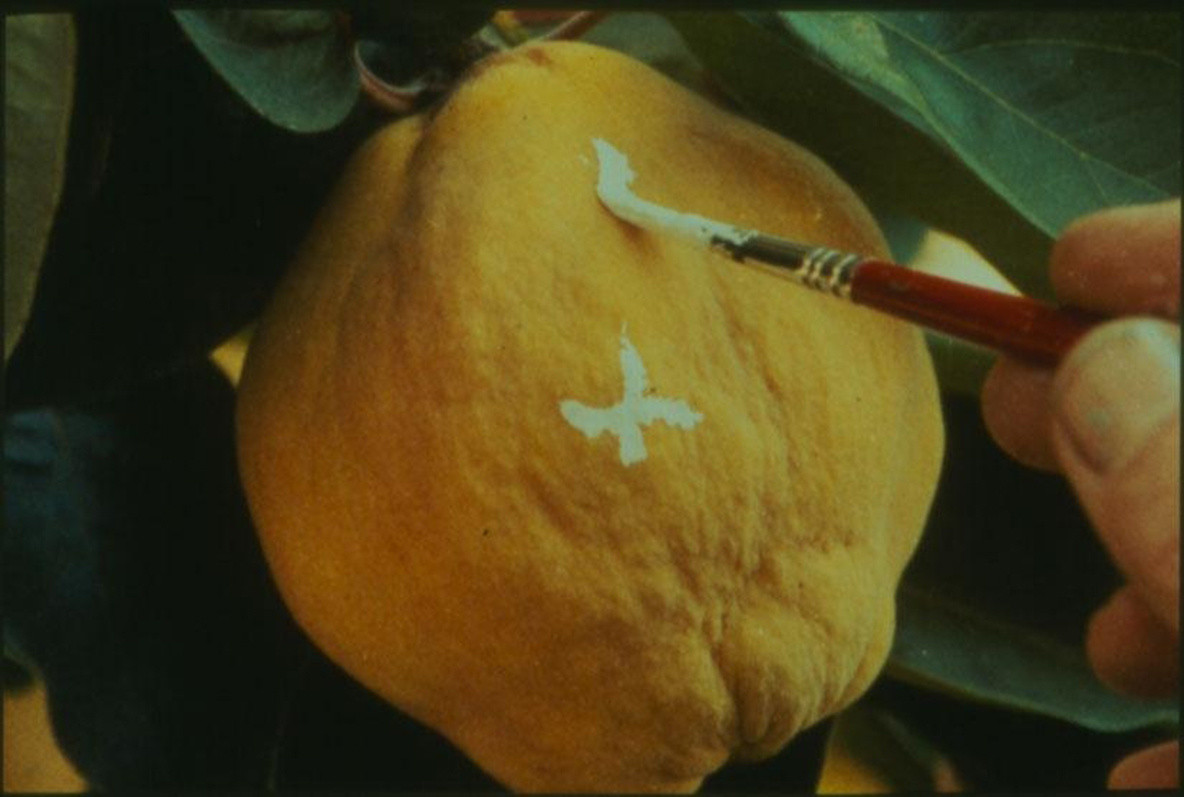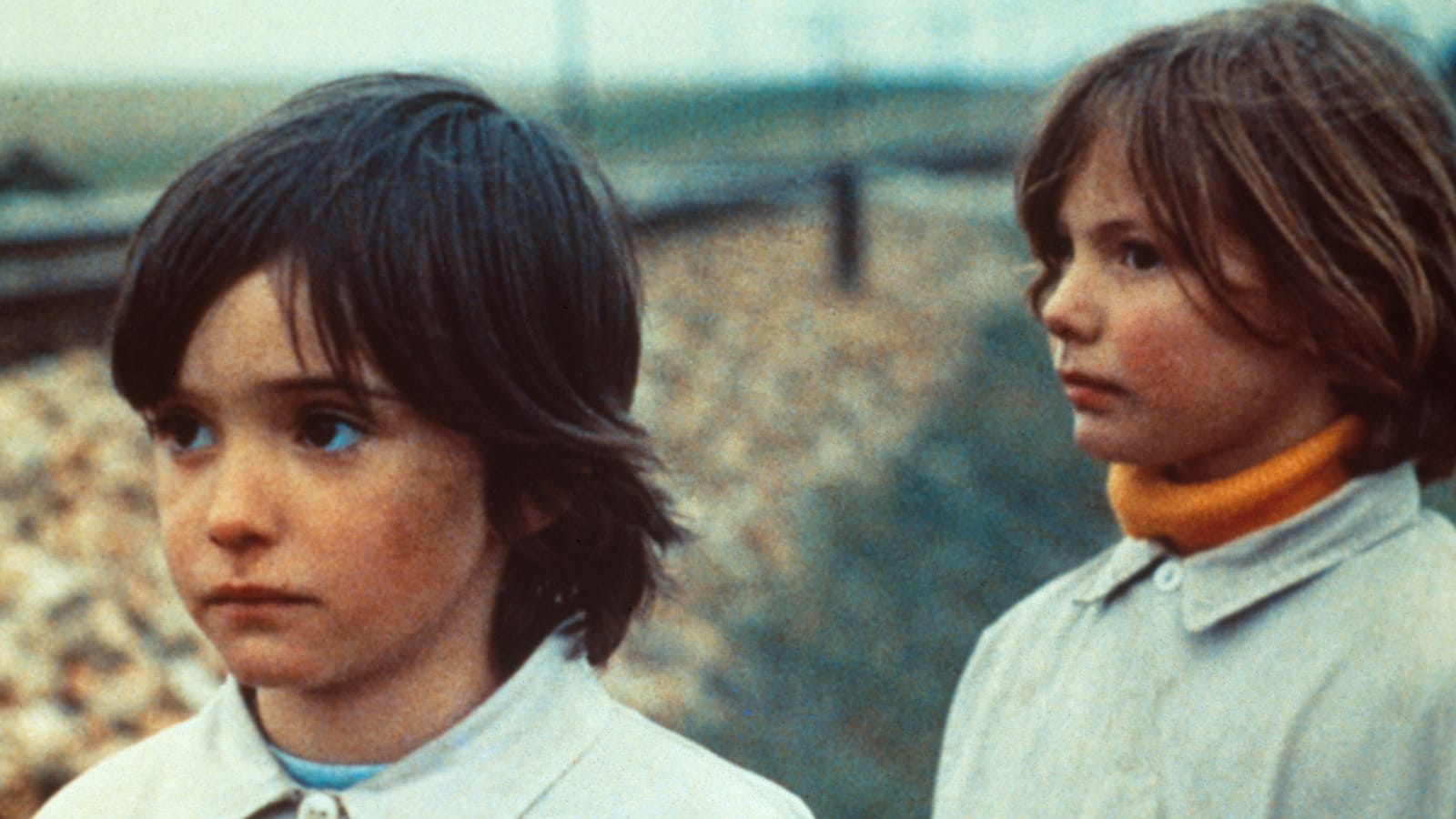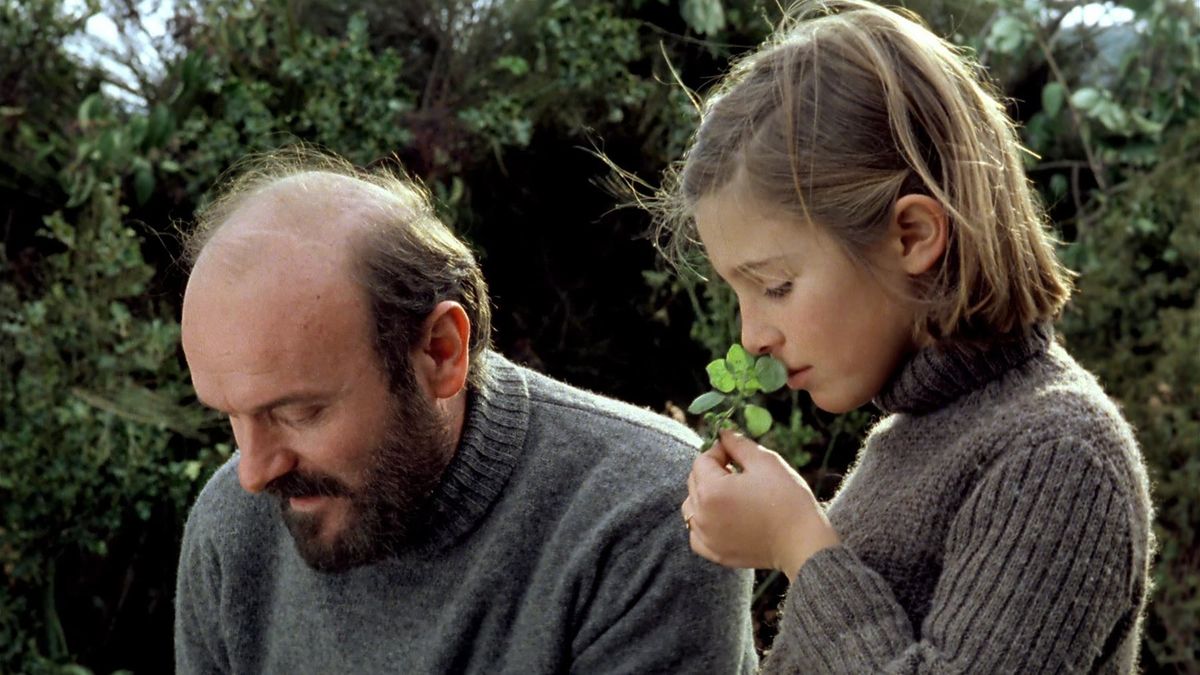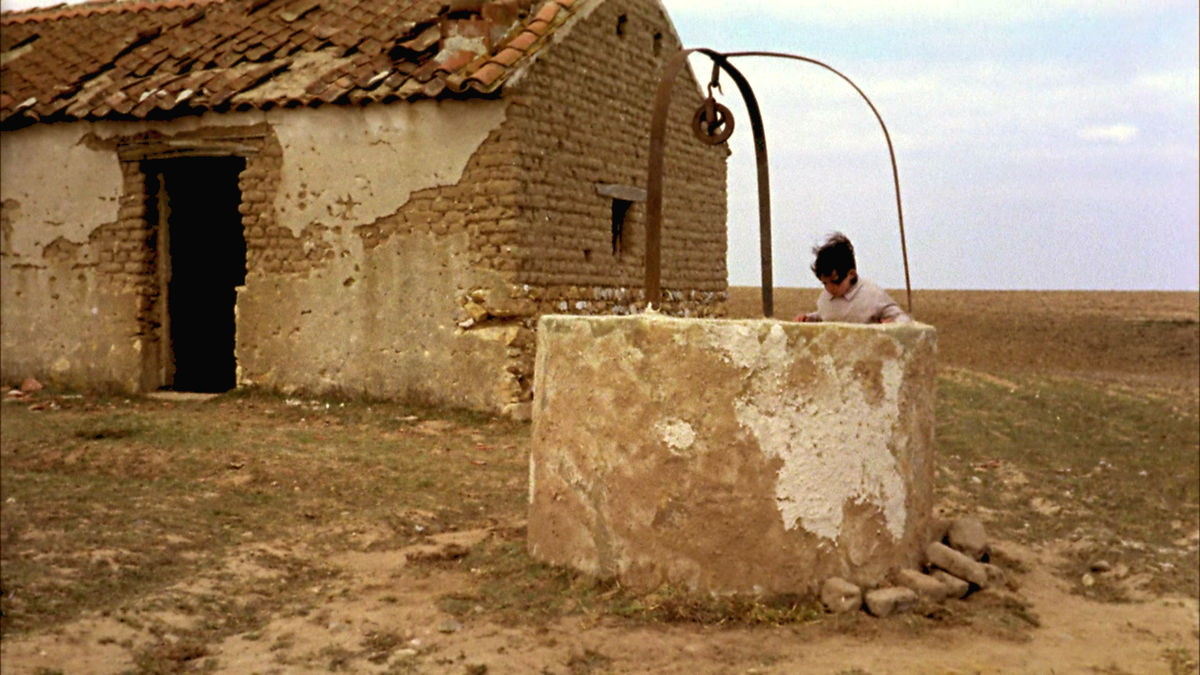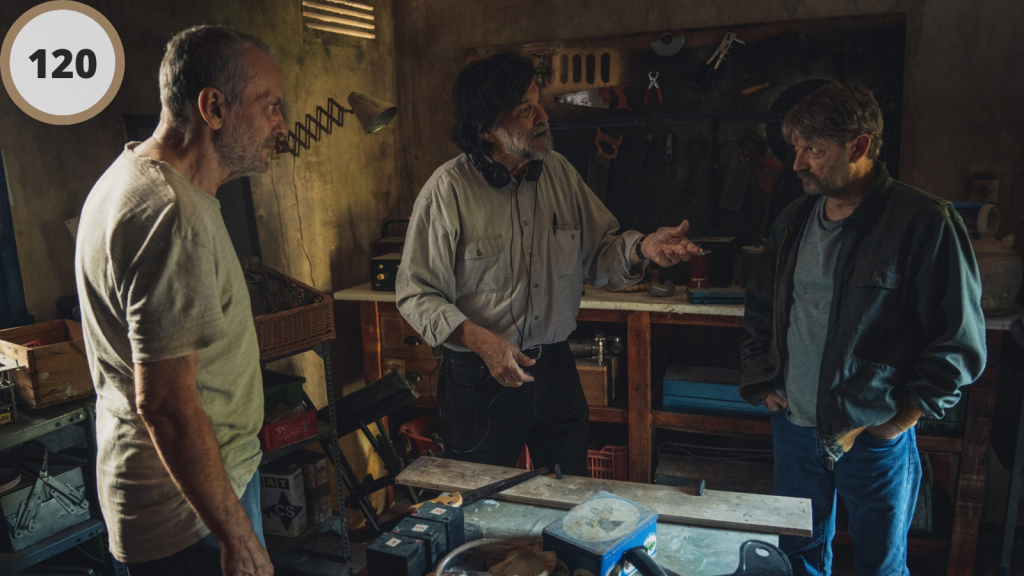Victor Erice, a lauded Spanish filmmaker, is best known for his sparse but meticulously crafted filmography. His films, distinguished by their poetic and visual style, often explore themes of memory and childhood with subtle socio-political undercurrents. One of his most acclaimed films, The Spirit of the Beehive, is a testament to his talent for evoking a potent atmosphere while navigating intricate thematic terrain.
Erice’s journey into cinema began with a strong influence from art and literature, which continue to inform his work. His films often incorporate references to paintings, books, and other cultural artefacts, effectively blending many artistic expressions into his narrative constructs. His feature films and documentaries demonstrate this thoughtful and evocative style, where keen attention to detail allows socio-political undertones to surface subtly, reflecting the climate of Spain, especially during Franco’s dictatorship.
A distinguishing feature of Erice’s cinema is his visual storytelling. His poetic and lyrical quality, accompanied by the adept use of silence and slow pacing, creates a profound atmosphere. This approach, coupled with a strong emphasis on naturalistic performances, particularly from young and non-professional actors, imbues his films with a realistic feel. For instance, the Spirit of the Beehive demonstrates this as it explores the world of childhood and memory with an authentic emotional depth.
Capturing Ephemera: The Poetry of Childhood’s Memory
The theme of childhood and memory recurs throughout Erice’s filmography, imbuing his work with a sense of nostalgia and reflection. The filmmaker’s ability to draw the audience into the emotional landscapes of his characters through quiet, atmospheric storytelling is a signature characteristic of his work, evident in films such as El Sur and The Quince Tree Sun.
Despite the small number of feature films he has produced, Erice’s influence is palpable within the global film community. Filmmakers worldwide have been inspired by his poignant visual and poetic storytelling, naturalistic approach to performance, and deep exploration of memory and childhood.
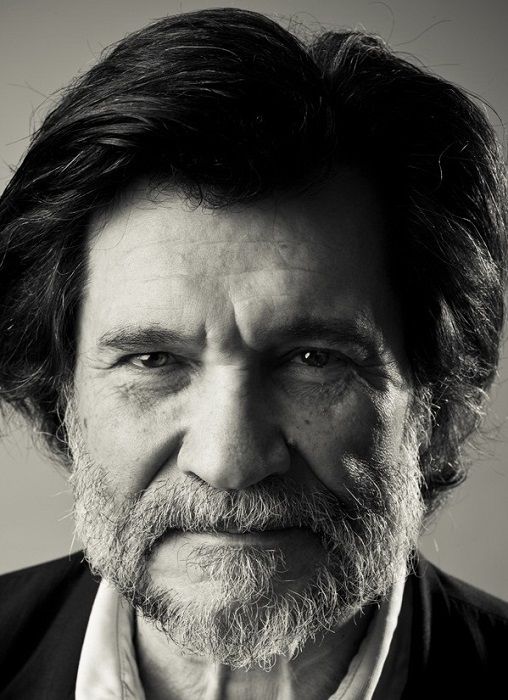
Victor Erice (1940 –)
Calculated Films:
- The Spirit of the Beehive (1973)
- El Sur (1983)
- The Quince Tree Sun (1992)
Similar Filmmakers
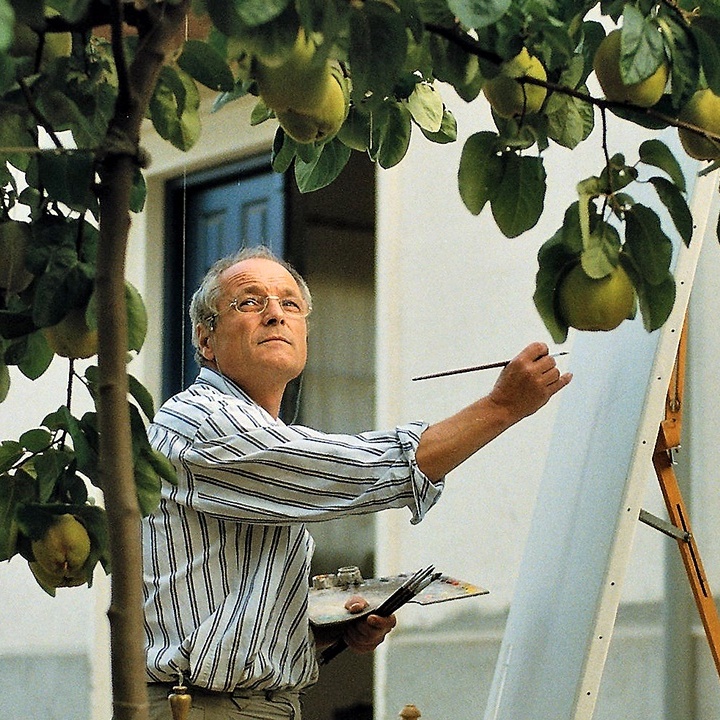
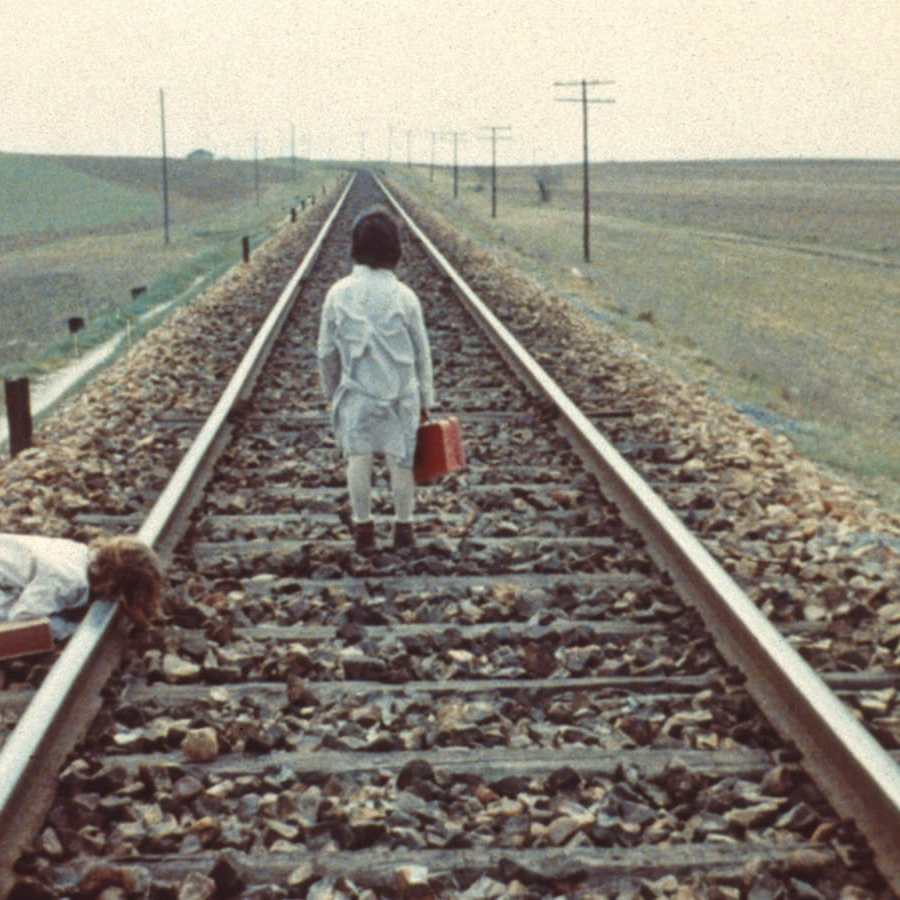
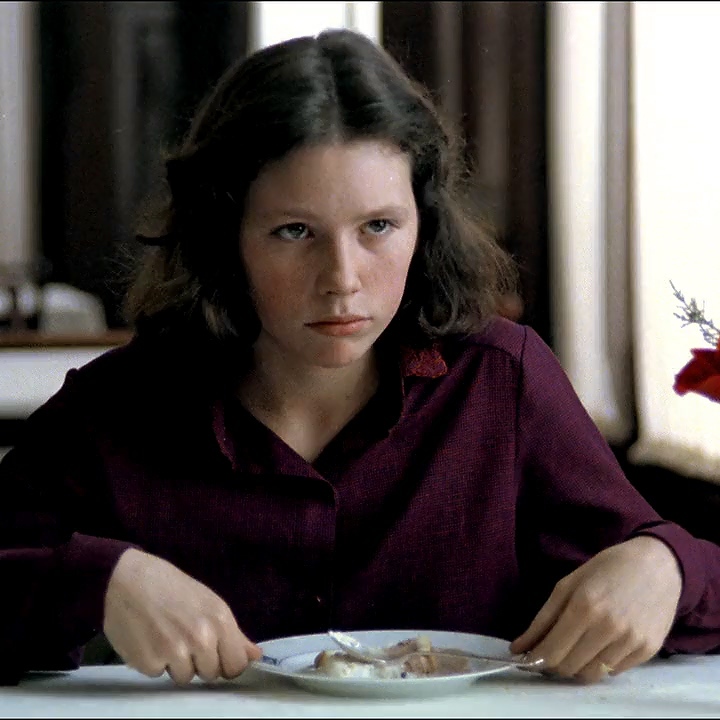
Victor Erice’s Top Films Ranked
1. Spirit of the Beehive (1973)
Genre: Drama, Psychological Drama, Period Drama
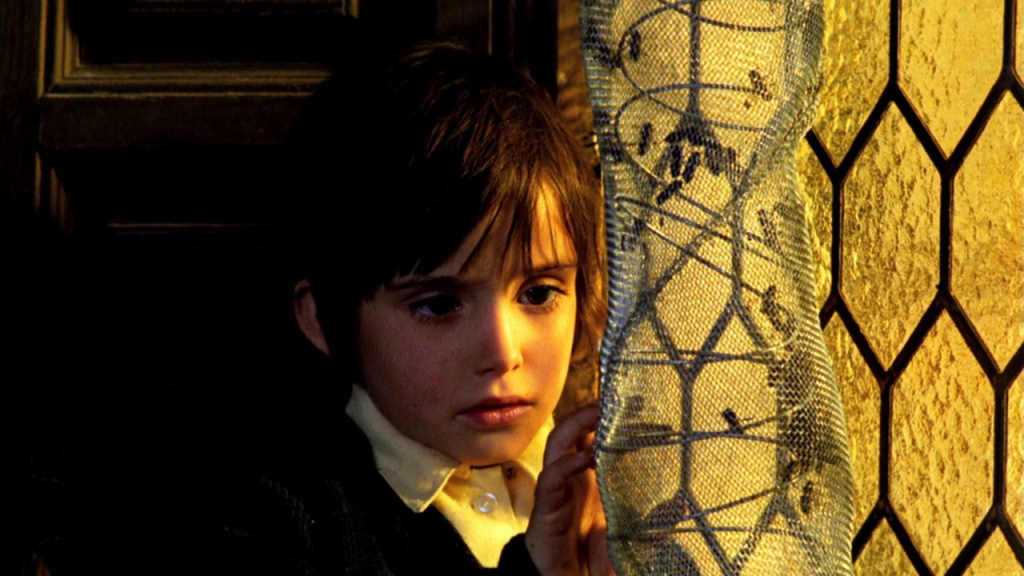
2. El Sur (1983)
Genre: Coming-of-Age, Drama, Family Drama
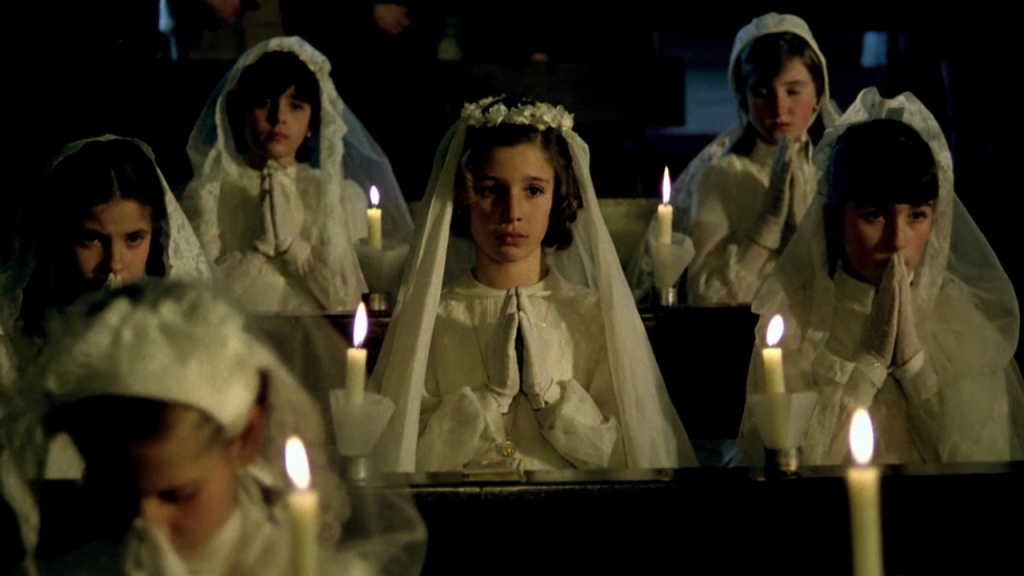
3. The Quince Tree Sun (1992)
Genre: Art Documentary
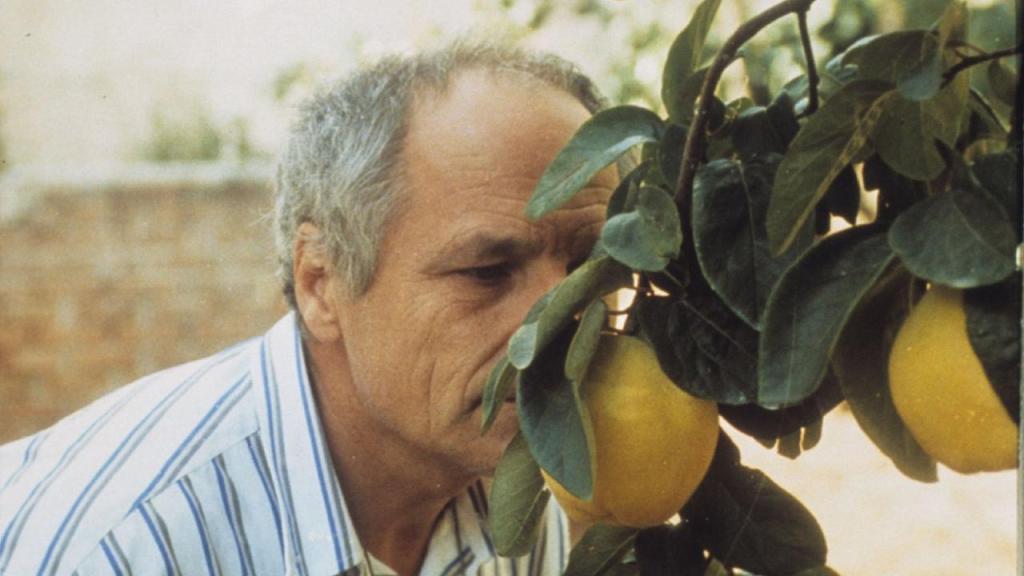
4. La Morte Rouge (2006)
Genre: Essay Film, Documentary
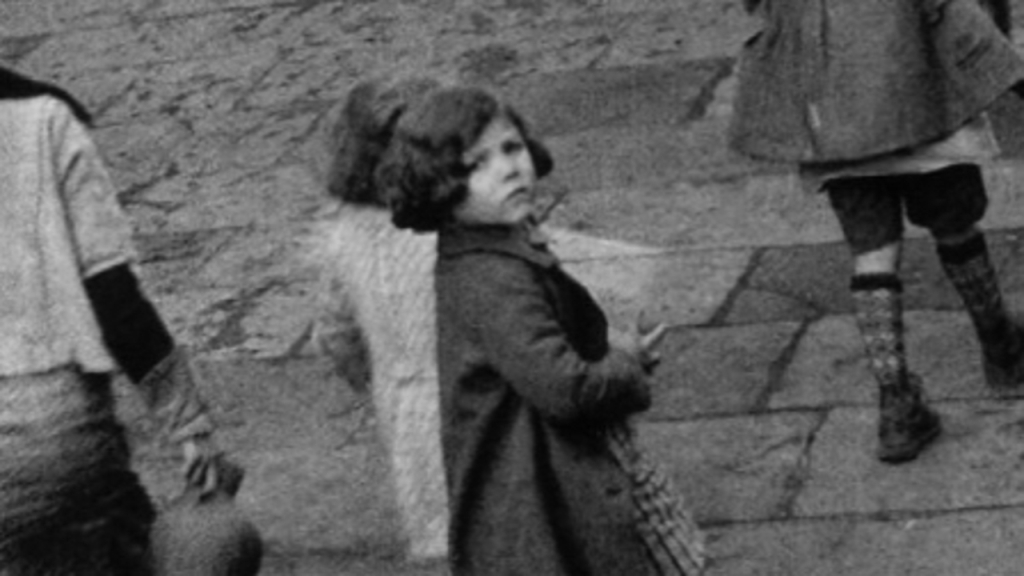
Victor Erice: Themes and Style
Themes:
- Childhood and Coming of Age: Erice frequently explores the intricacies of youth and the transition into adulthood. His characters often embody innocence, curiosity, and a sense of wonder.
- Memory and Time: His films often delve into the concept of memory and its impact on human experiences. Erice is fascinated by the fluidity of time and how memories shape individuals’ perceptions and identities.
- Political Subtexts: Subtle yet powerful, Erice’s work occasionally reflects Spain’s political landscape, particularly the period under Franco’s regime. He subtly criticises the oppressive political environment through his narratives.
- Art and Creativity: Several of his films reflect on the nature of artistic creation, exploring themes related to the struggles and triumphs of being an artist.
Styles:
- Visual Aesthetic: Erice’s films are visually striking, characterised by meticulous composition, framing, and lighting. Each frame is carefully constructed to evoke a particular mood or atmosphere, akin to a painting.
- Pace and Rhythm: His work is noted for its deliberate pacing, allowing audiences to immerse themselves fully in the narrative and its emotional depth.
- Minimal Dialogue: Erice often utilises minimal dialogue, relying instead on visual storytelling and actors’ performances to convey the narrative’s emotional weight.
- Symbolism: His films are rich in symbolic imagery and metaphors, providing a layer of depth that invites viewers to engage in thoughtful analysis and interpretation.
Directorial Signature:
- Introspective Atmosphere: Erice’s films cultivate a contemplative atmosphere, encouraging viewers to reflect on the narrative’s implications and their own experiences and memories.
- Focus on Characters: He pays close attention to character development, crafting complex, relatable individuals whose experiences resonate with audiences.
- Artistic Influence: Influenced by various art forms, Erice integrates elements from painting, photography, and literature into his films, creating a unique, multidimensional aesthetic.
- Narrative Ambiguity: Erice often leaves aspects of his narratives open-ended or ambiguous, inviting viewers to draw their own conclusions and engage with the film on a personal level.
Victor Erice: The 120th Greatest Director
